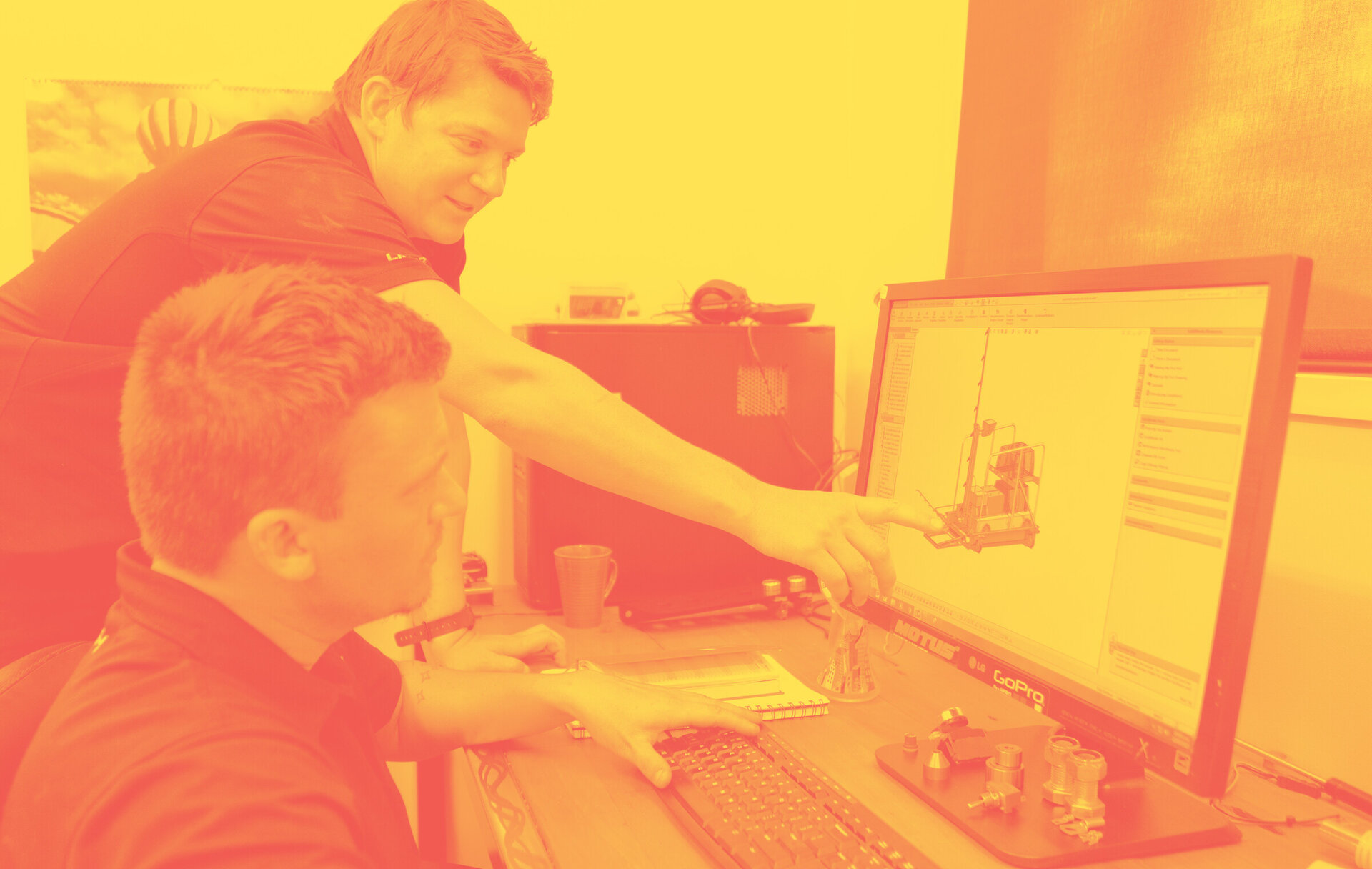Facial eczema costs the sheep, cattle and deer industries millions of dollars a year in lost production. The invisible (until it's too late) disease is hard to test for, and with climate warming, it will start to become a problem for more farmers around the country.
So what if we could make the invisible illness visible?
Enter Tokaora Diagnostics who are developing a rapid diagnostic test for facial eczema. Meet the founders, mother and son duo, Pam and Frey Livingston. They are one of the start-ups taking part in our three-month Sprout 2022 Accelerator in the Cohort IX intake.
“I can remember clearly the inspiration for the business. I was doing homework for my university studies, it was on tests for diseases, and my dad had a read and said, ‘why can’t you do that for facial eczema’ “ said Frey.
With that thought in mind, following Frey’s research into facial eczema biomarkers, the potential for a quick and inexpensive test became apparent, and the need for it is huge. The existing test for facial eczema is difficult and requires a vet, and of the farmers they spoke to during their research phase, Frey and Pam found no farmer who’d used the test.
With Pam’s background in engineering and project management, she holds the role of managing director, while Frey, with her Masters in Science and love of all things research, is the chief researcher.
“Between us, we had a good foundation but knew we needed some help when it came to the business aspects of start-ups which is where my brother-in-law, Andrew, has been a huge support.”
Acting as advisor, Andrew has an impressive academic background and extensive experience in similar start-ups.
“We’ve been surprised at how smoothly things have gone since we started planning. I think a lot of this comes down to our timing. It has accidentally been very good. Since the 1980’s there has been a big push to do something about facial eczema, but progress has lagged. Now people are looking to invest in real solutions, so it’s a good time for us to be where we are,” said Pam.
One of the biggest challenges they’ve had to overcome is the issue around intellectual property. Because the idea came out of Frey’s university studies, the university owned a share of the IP.
“You can’t spin a company out of something for which you only own a fraction of the IP, so it was a hurdle getting around this. We ended up getting all the IP rights, but it was something new to navigate,” said Frey.
For Pam, her biggest challenge was stepping off the cliff and trusting that everything would fall into place and their idea had a sound foundation.
“We knew we couldn’t wait until someone gave us money. We just had to get started and hope something dropped in the bucket, which is scary. But we believe in this, and in the value, this could add,” said Pam.
While many other start-ups have global expansion dreams, that’s not the path for these founders. They want to stay true to their mission of providing targeted solutions to problems facing the New Zealand primary sector and remain small in size.
“We’re really focused on NZ problems. We’d love to grow to have a few more researchers like Frey working on different issues so that more farmers can benefit from what we do.”
The challenge now, along with securing funding, is taking the next step from proof of concept to creating a prototype and getting it field tested and on the market.
“We hadn’t really planned that far ahead when we first started prototypes, and field testing seemed like a long way off, but realistically that’s lined up to happen next year,” said Frey.
When dealing with problems and fears, Pam's approach is always in an analytical manner and while planning is essential, it is how the unforeseen is handled that is the extra challenge. In comparison, Frey likes to remind himself that the proof is in the pudding.
“I think back to the day I got the results I’d been hoping for. I showed my supervisor, who thought they were good too. I remember thinking, well, I better keep going with this then. In science, you always worry that you’ve somehow lied to yourself, and it’s all a grand illusion.”
While still learning the ropes of entrepreneurship themselves, they’ve learnt a lot along the way, like being careful about not putting all their eggs in one basket, especially when it comes to funding opportunities, but the most important lesson is around talking to people.
“There will always be someone out there who really cares about what you're trying to do, and you need that person. You need all sorts of people to pull off each stage, so talk to anyone and everyone.”
Find out more about Sprout Accelerator.

